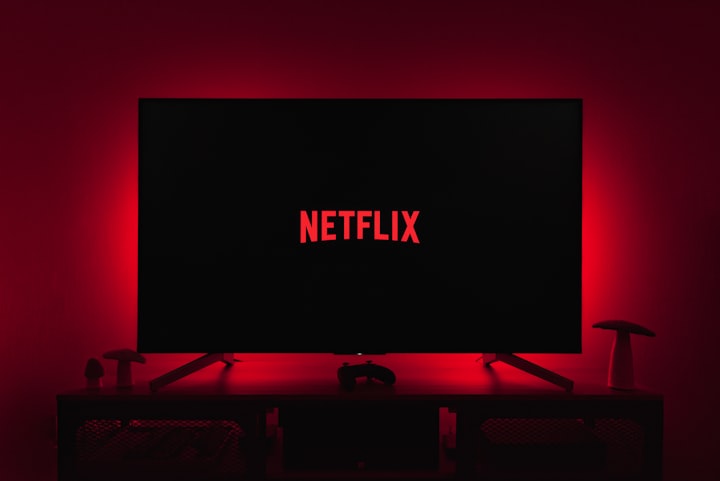We Can't Trust What Billie Eilish Says - and That's a Good Thing
Eilish assures us that her honesty is, at times, not honesty at all, but rather a flagrant untruth. And there is virtue in that.

October 18, 2021, marked the fifth recurrence of Billie Eilish featuring on Vanity Fair’s ‘Same Interview’ – an online video series in which the singer-songwriter reacts to herself answering a litany of personal questions from each cumulative year, and then tendering new responses for the interview at hand.
There’s a stark parity between the vastly disparate sartorial proclivities she canvasses from one year to the next, and the way she reacts to the rhetoric of her past self – never failing to harness and deploy a refined perspective which, at times, takes the form of a sobering and acerbic self-criticism.
It’s precisely this retrospective bent that evinces, with some paradoxical clarity, the faltering sincerity of Eilish’s replies. The breath in which she answers the stock of questions each new time round constitutes little more than a chance to invalidate the musings of her last year’s self.
In the end, the product of this exercise is our reflexive incredulity – the compulsion to receive her utterances as deflections rather than gospel. In the end, it is Eilish herself that assures us that her honesty is, at times, not honesty at all, but rather a thinly veiled mendacity.
Hark back to a 2018 Billie Eilish on the question of “Do you feel pressure?”, and we’re treated to an emphatic, seemingly authentic response: “Yeah. But I don’t fucking care, I really don’t care.” Notwithstanding the earnest tone of her delivery, it only takes an Eilish of three senior years to reflect and reassure us that beneath that toughened teenage exterior, she did care. She was “lying.”
On the same question, though this time reliving the monologue of 2019’s Billie, and the nine-teen year-old artist is once again honest about her dishonesty: “This is just me trying to convince myself that I didn’t care…every single one I know that I cared, and I was just literally coming up with some stupid quote that would make me pretend that I didn’t care.”
In some ways this moment cuts deep at the assertions of Carrie Battan’s New Yorker article, ‘Billie Eilish and The Trap of Relatability’, a piece that sought to delineate the interplay of Eilish’s fame and public image, and her concern for the latter:
“If teen-age pop stars were once saddled with pressure to maintain their perfect images, today they face the equally weighty burden of appearing perfectly imperfect: authentic, flawed, and wholly honest, at all times.”
To the contrary, the Eilish of yesteryear, as we now know, was, at times, entirely bereft of those tender virtues of authenticity and abject honesty. The reality of her persona hews more towards one of the concluding passages of Battan’s piece where she talks of the singer’s career as “one defined by agency and candor, or at least the performance of agency and candor.”
Indeed, Eilish’s penchant for the theatric has proven to be something of a subversive trait, insidiously seeping into the fabric of her more casual, symbiotic interactions to counterfeit truth, undermining our trust in her, and her faculty for sincerity.
But. At the same time, Eilish’s capacity – however paradoxical – to don a polygraphic sensibility in exposing the duplicity of her formative years is nothing less than a shining testament to her bourgeoning maturity.
Many wouldn’t be so willing to open themselves up to the scrutiny and vitriol of their social circles for past indiscretions, much less the world stage. Especially when such indiscretions, by their very nature, serve to jeopardize the confidences those relations. And especially, when those indiscretions were not merely a betrayal of external trust, but just as much an attempt to delude oneself with a self-deceiving fiction.
But Eilish champions this feat with a laudable fervency. Free of pride and of stubbornness, she bears no qualms about exhibiting the shortcomings of her past. Even when she refrains from going so far as to completely discount the veracity of her statements, she still finds room to couch them in a renewed, self-deprecating light:
2019: “I feel like I’m probably the most confident I’ve ever been in my life.”
2021: “It’s true. Nothing will ever top that 2019 ego.”
This is progress of a kind – both personal and existential.
It seems while we may not be able to trust the totality of Eilish’s remarks, for now at least, we may still look to her retrospective charisma as an archetype of intellectual and emotional growth – a righteous quality, that, if not emulated, can at least be admired.
About the Creator
Brandon Lever
Welcome to my writings.






Comments
There are no comments for this story
Be the first to respond and start the conversation.